Meta's Yann LeCun argues that current systems are still too limited to create fully autonomous home robots and cars.
One of the “fathers” of modern artificial intelligence (AI) has predicted a new revolution in the field before the end of the decade, while asserting that current systems are not yet advanced enough to develop home robots or fully autonomous cars.
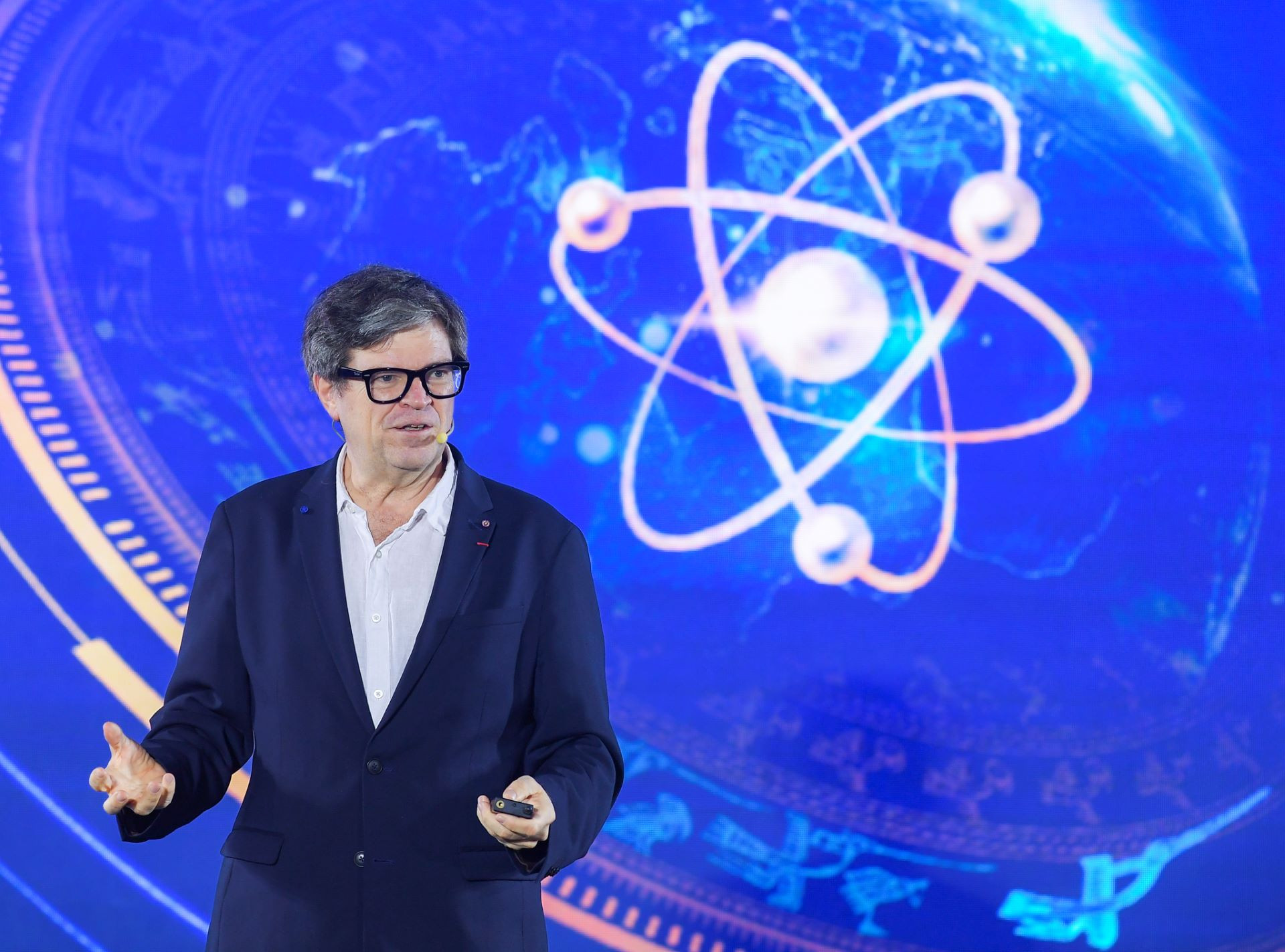
New breakthroughs are needed for AI systems to understand and interact with the physical world , said Yann LeCun, chief AI scientist at Mark Zuckerberg's Meta.
LeCun was speaking as he and six other engineers were awarded the £500,000 Queen Elizabeth Prize for Engineering and Innovation on January 28, 2025, in recognition of their significant contributions to machine learning, a core foundation of AI.
Recent advances in the industry, most notably the launch of OpenAI's ChatGPT chatbot, have raised both expectations and concerns that AI could reach human-level intelligence.
However, LeCun believes that AI still has a long way to go before it can match human or even animal intelligence. He emphasizes that current technology is only good at “processing language” but cannot truly understand the physical world.
“There are still many scientific and technological challenges ahead, and there will likely be another AI revolution in the next three to five years due to the limitations of current systems. If we want to build things like home robots or fully autonomous cars, AI systems need to understand the real world,” LeCun said.
LeCun is currently working on systems that can “understand” physical reality by creating a predictive model of the world’s behavior. “We’re not talking about AI being on par with humans,” he said of the progress of AI. “If you have a system that’s as smart as a cat or a mouse, that’s a big step forward.”
But Yoshua Bengio, one of LeCun’s QEPrize winners and a founding father of AI, warned that more progress is needed to ensure the technology’s safety, and he said the Global AI Summit in Paris next week should focus on the issue.
“I want world leaders to have a better understanding of the importance of what we are doing, both the power that AI brings, which can be a useful tool or a dangerous tool, and the risks that come with that power,” Bengio said.
In 2018, Bengio and LeCun shared the Turing Award with Geoffrey Hinton, considered the Nobel Prize of computing. Hinton, who was also announced as one of this year’s QEPrize winners, had previously won the Nobel Prize in Chemistry with other Google DeepMind scientists last year.
Machine Learning is a core process in AI development. Instead of being programmed directly, computer systems can “learn” by analyzing data and then making decisions or predictions, such as guessing the next word in a sentence.
The rest of the QEPrize 2025 winners include: Fei-Fei Li, a Chinese-American computer scientist who created ImageNet - a key dataset for training AI to recognize objects; Jensen Huang, CEO of Nvidia, a leading company that makes chips for AI operations and training; Bill Dally, Nvidia's chief scientist.
Patrick Vallance, chairman of the QEPrize Foundation and UK science minister, said the impact of machine learning is widespread across “industries, economies and the planet”, noting that the annual prize honours engineers whose inventions “have a significant impact on billions of people around the world”.
(According to The Guardian.com)
Source: https://vietnamnet.vn/cha-de-cua-ai-du-doan-mot-cuoc-cach-mang-cong-nghe-moi-trong-5-nam-toi-2372558.html


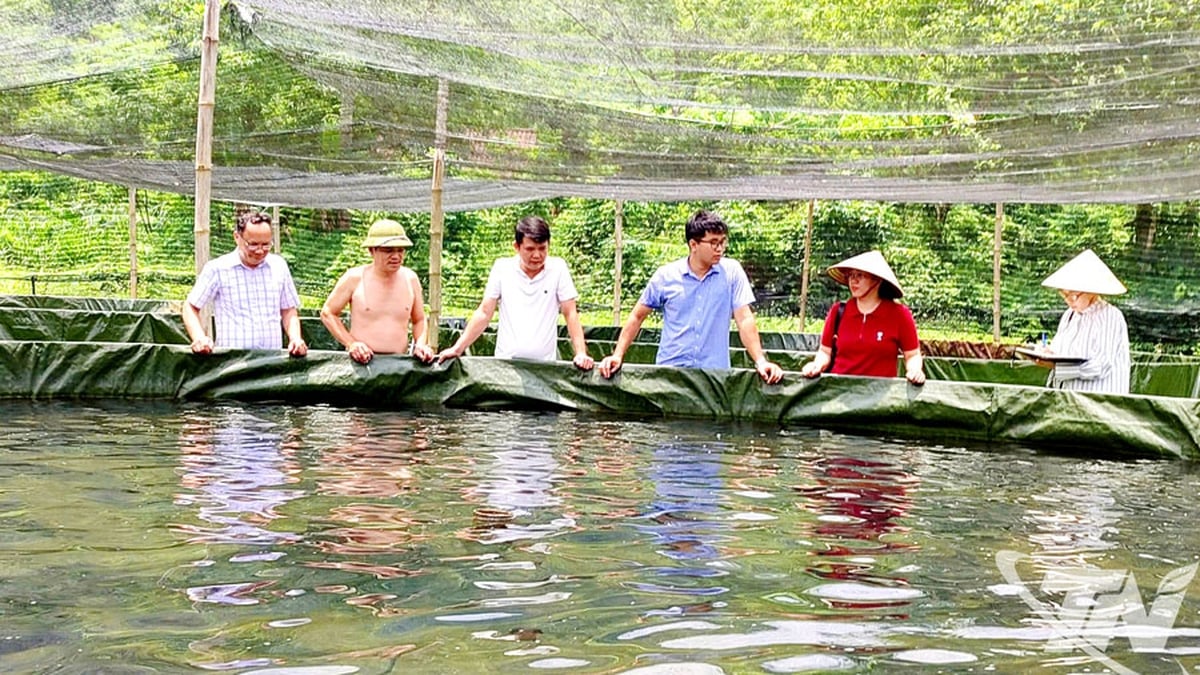
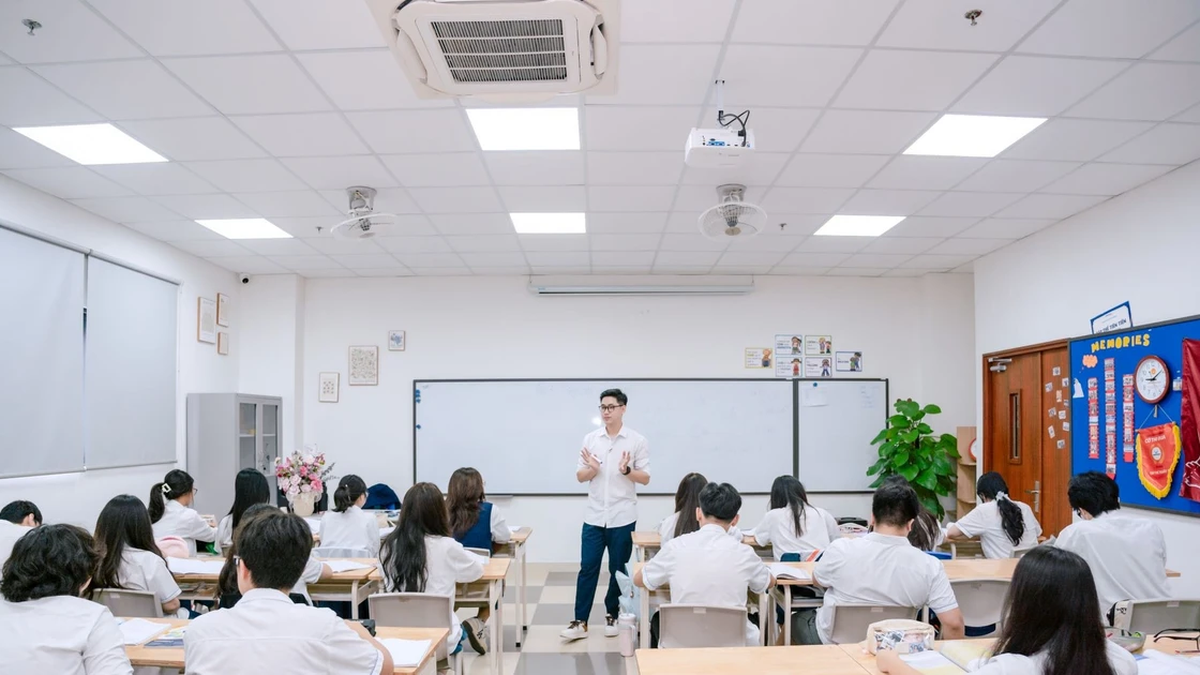

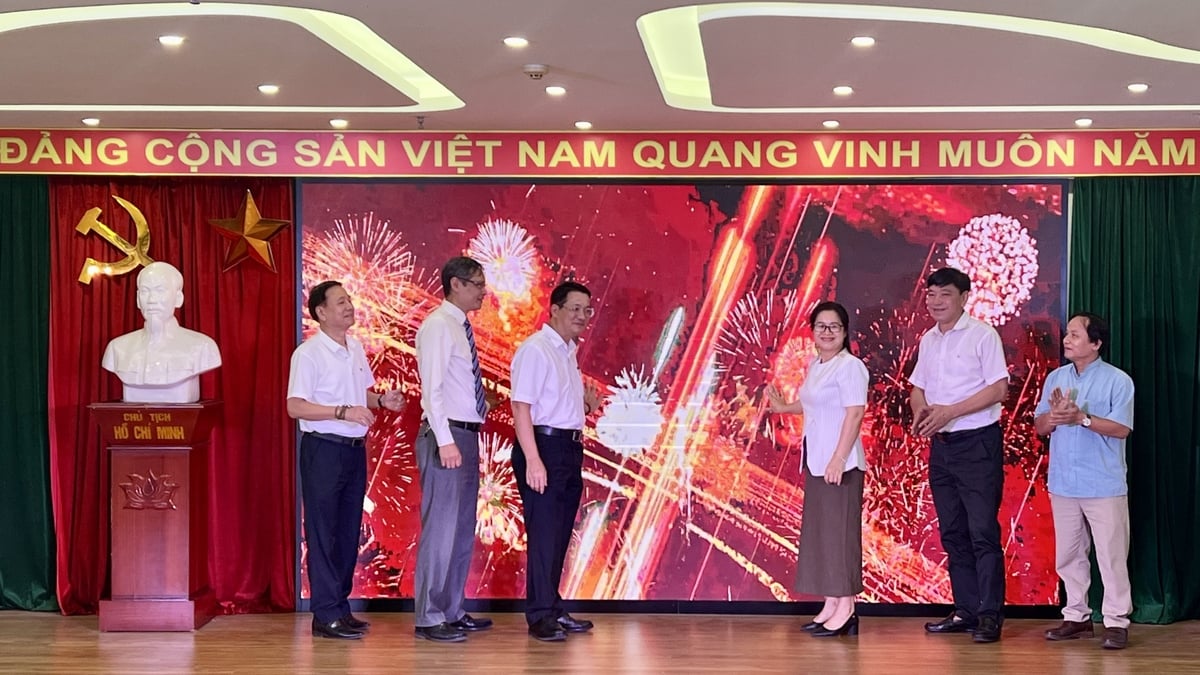
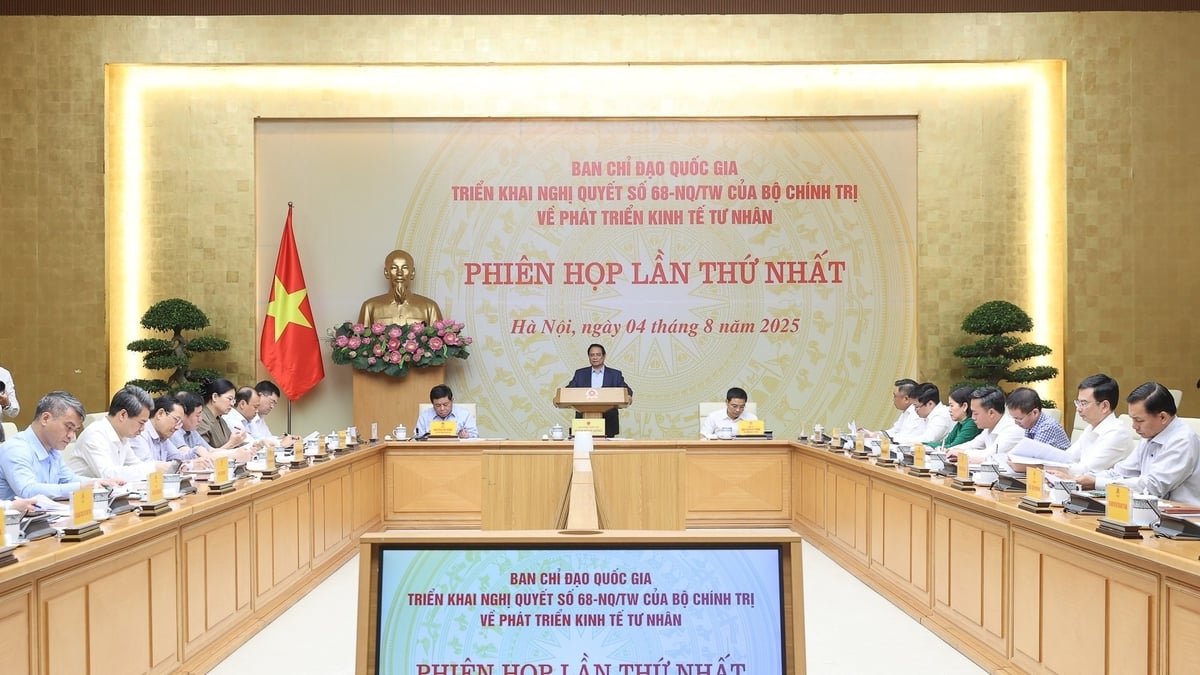
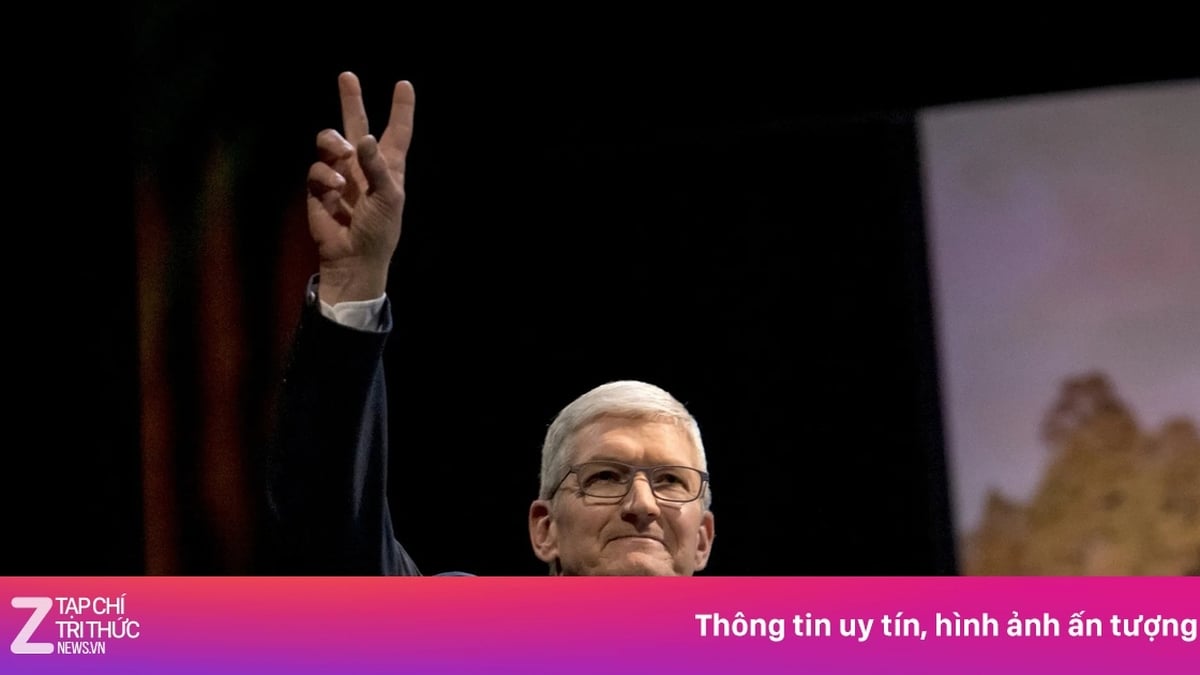


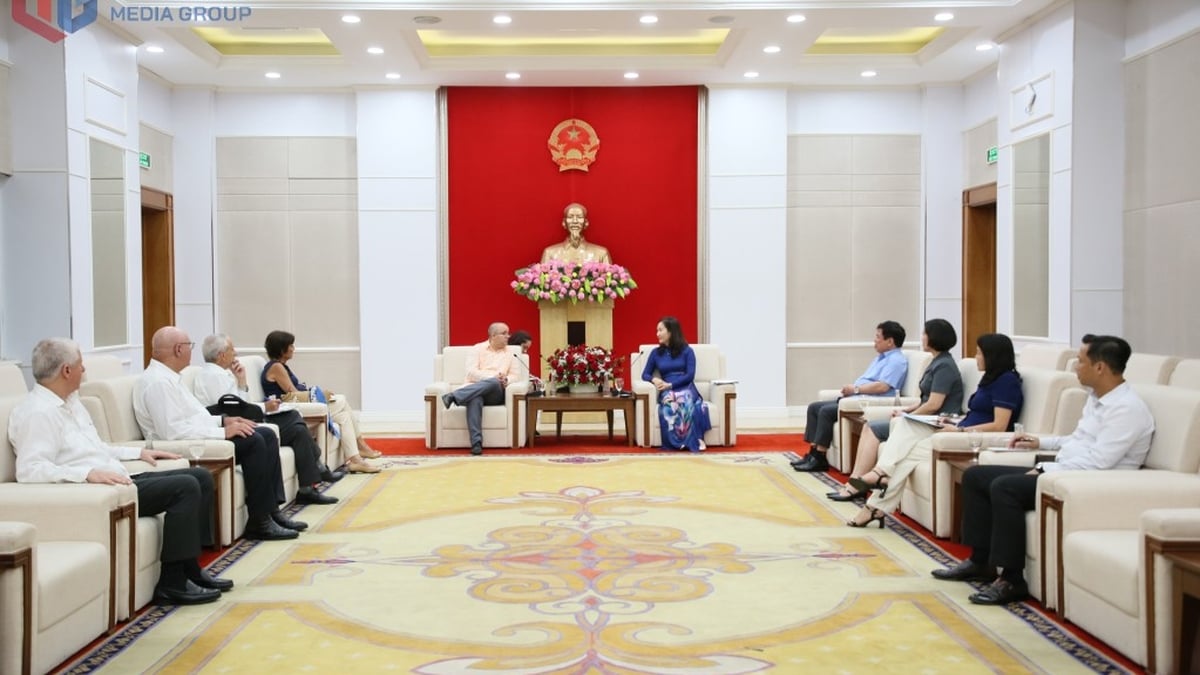
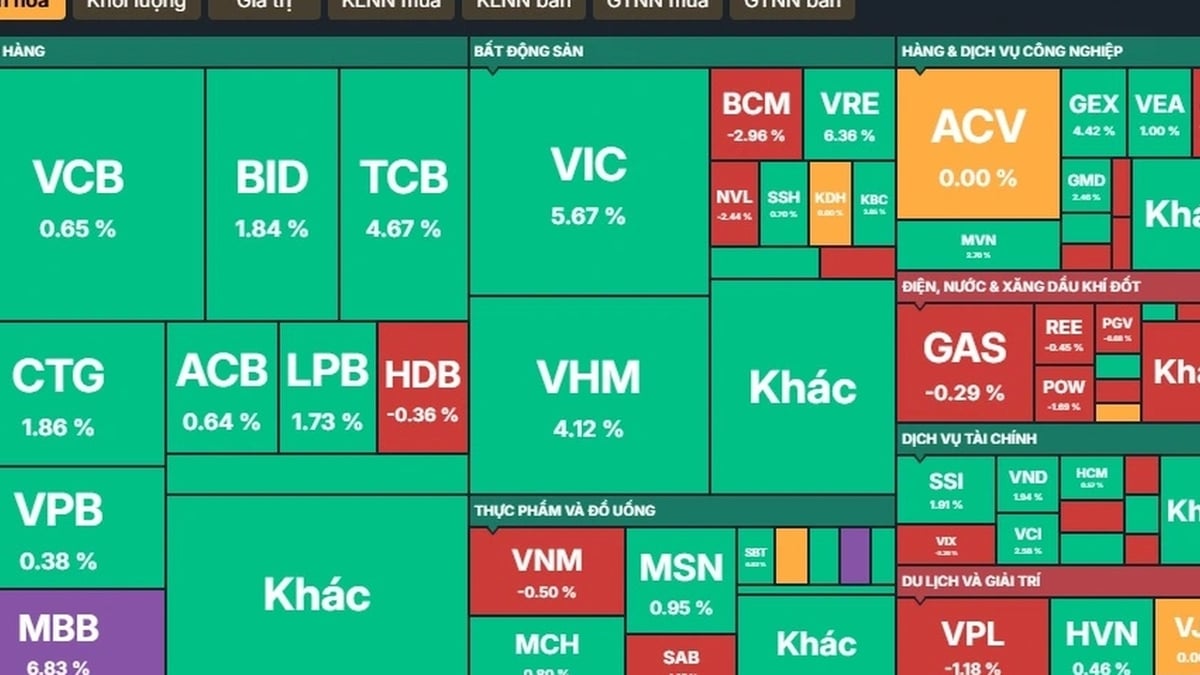








































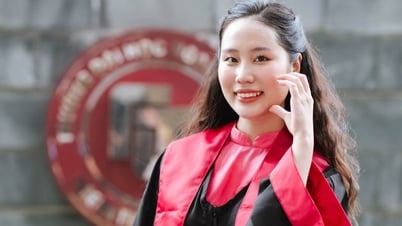










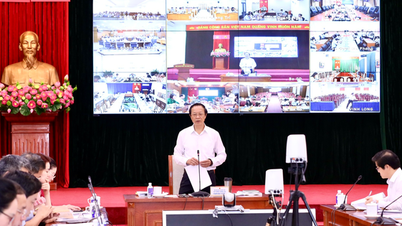
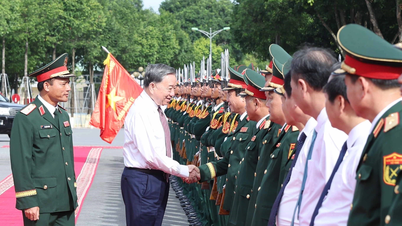

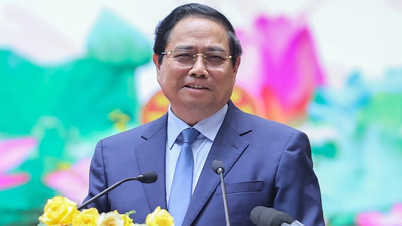

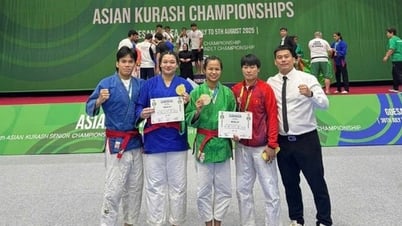



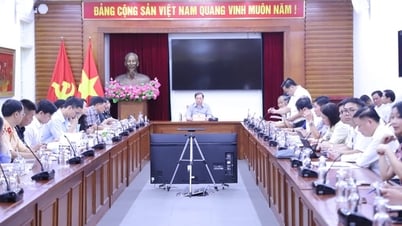
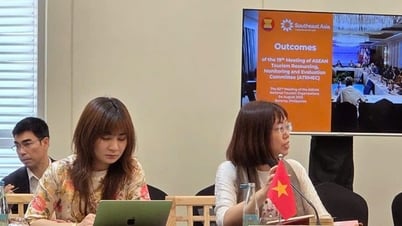
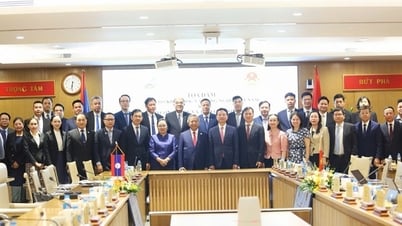



















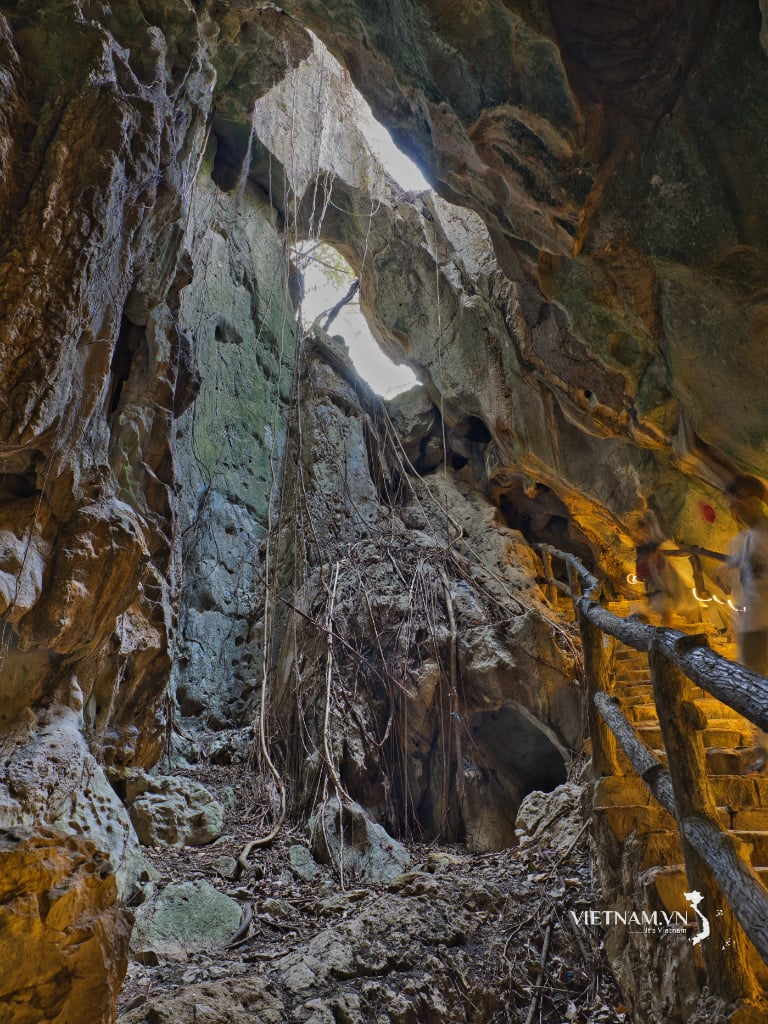



Comment (0)